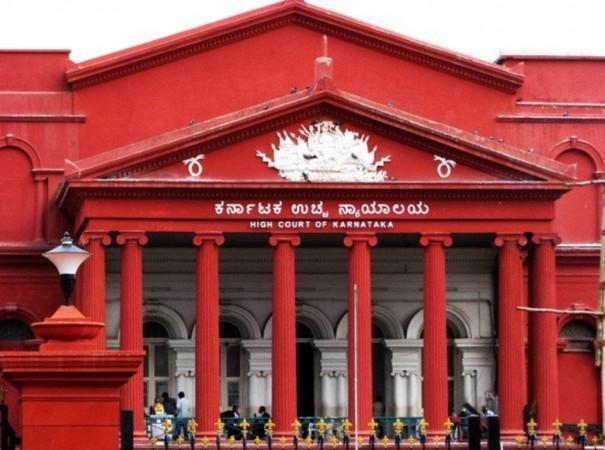The Karnataka High Court on Tuesday upheld the ban on wearing hijab in schools in a landmark judgement that may have an impact on the ongoing row over the dress code in educational institutes. The court said the hijab is not an essential religious symbol.
The court said, "Wearing of hijab was not an essential part of Islam."
"The prescription of uniform is constitutional and students can't object to it."
The court dismissed all the petitions filed by the students. The bench stated that no case was made out by the petitioners. Further details of the judgement were awaited.
Earlier, as a precautionary measure, security was beefed up across the state. Holiday was declared in the districts of Dakshina Kannada, Kalaburagi and Shivamogga for the schools and colleges.
Most of the districts imposed prohibitory orders in the surrounding areas of the educational institutions. Bengaluru Police Commissioner Kamal Pant issued prohibitory orders restricting protests, celebrations and gatherings in the entire city for seven days from Monday.

The Karnataka High Court bench, headed by Chief Justice Ritu Raj Awasthi, pronounced the judgement on the hijab issue on Tuesday morning. The three-judge bench, which also comprised Justice Krishna S. Dixit and Justice Khaji Jaibunnesa Mohiyuddin had reserved the matter for judgement today after hearing arguments and counterarguments.
Six students from the Udupi Pre-University College for girls had started a protest over being refused to enter classes wearing a hijab, and the protest spread to other districts to become a major controversy, and even led to tension, as some Hindu students started coming in saffron shawls.
The girls approached the High Court and demanding that they should be allowed to enter class rooms while wearing hijabs. The court had earlier issued interim orders that no hijab or saffron shawl is allowed in the schools and colleges. The petitioners have challenged this in the Supreme Court but the apex court refused to hear the matter and asked the petitioners to seek relief from the High Court.










